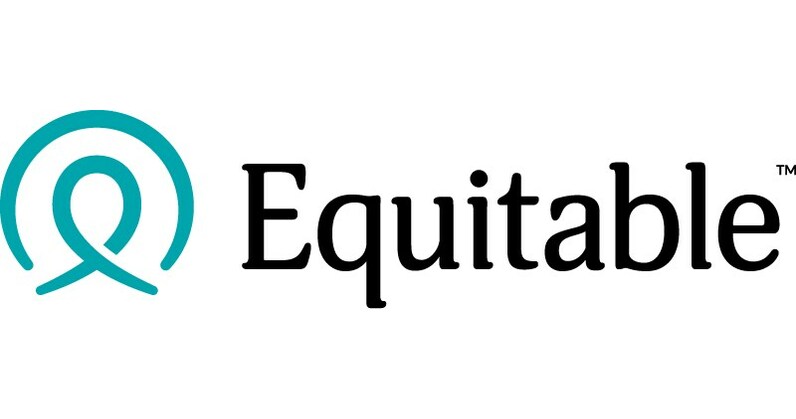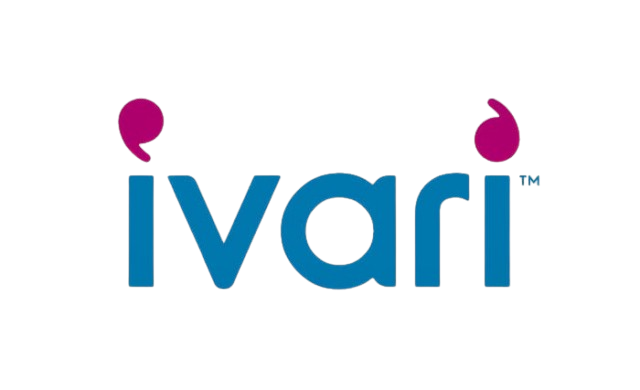Check Quote
Get a quote today
Some Insurance provider I work with




Frequently Asked Questions
Got any questions? We got you covered
Life insurance provides financial security for your loved ones by ensuring their needs are met if something happens to you. Beyond that, it can serve as a valuable financial tool during your lifetime. You can use life insurance to access cash, secure loans, generate retirement income, or fund your children’s education. The decision to purchase life insurance depends on your current responsibilities and long-term financial goals.
The amount of life insurance you need is personal and depends on factors like your lifestyle, financial responsibilities, and stage of life. Once we understand your specific needs, we can help you determine the appropriate coverage to protect your family and your future.
Yes, life insurance can be a key component of effective estate planning. When your estate is passed on to your heirs, the Canada Revenue Agency typically treats everything, except your primary residence, as taxable income. This may force your heirs to sell assets or take loans to cover the tax burden, reducing the inheritance you intended for them.
By purchasing permanent life insurance, the tax-free* Insurance payout can cover estate taxes, allowing your heirs to retain their inheritance intact.
*Please note that if no beneficiary is designated, probate fees may apply, and the proceeds will become part of your estate.
It’s essential to review your life insurance needs during significant life changes, such as
- Marriage
- Birth of a child or
- added financial
- responsibilities
- Buying a new home
- Starting a new job
- Divorce or retirement
Yes, when you apply for life insurance, you’ll need to fill out a medical questionnaire. Depending on your age and the coverage amount you’re seeking, additional tests may be required.
The main difference is that term life insurance provides coverage for a set period (e.g., until age 80), whereas permanent life insurance offers lifelong protection.
Term life insurance typically costs less because it only covers you for a specific period. It does not build any cash value, although many policies allow you to convert to a permanent plan later.
Permanent life insurance, on the other hand, offers both lifelong protection and a savings component that builds cash value over time. This cash value can be used during your lifetime for various financial needs.
Universal life insurance combines permanent life coverage with an investment component. Part of your premium pays for the insurance, while the remainder is invested in a tax-deferred or tax-free, creditor-protected account. This policy protects your family with life insurance and helps secure your financial future through its investment features.
Independent insurance advisors, unlike agents tied to a specific insurance company, offer a broader range of options. They assess your unique coverage needs and recommend policies from multiple providers to find the best fit at competitive prices. Their independence allows them to prioritize your needs over those of any single insurer.